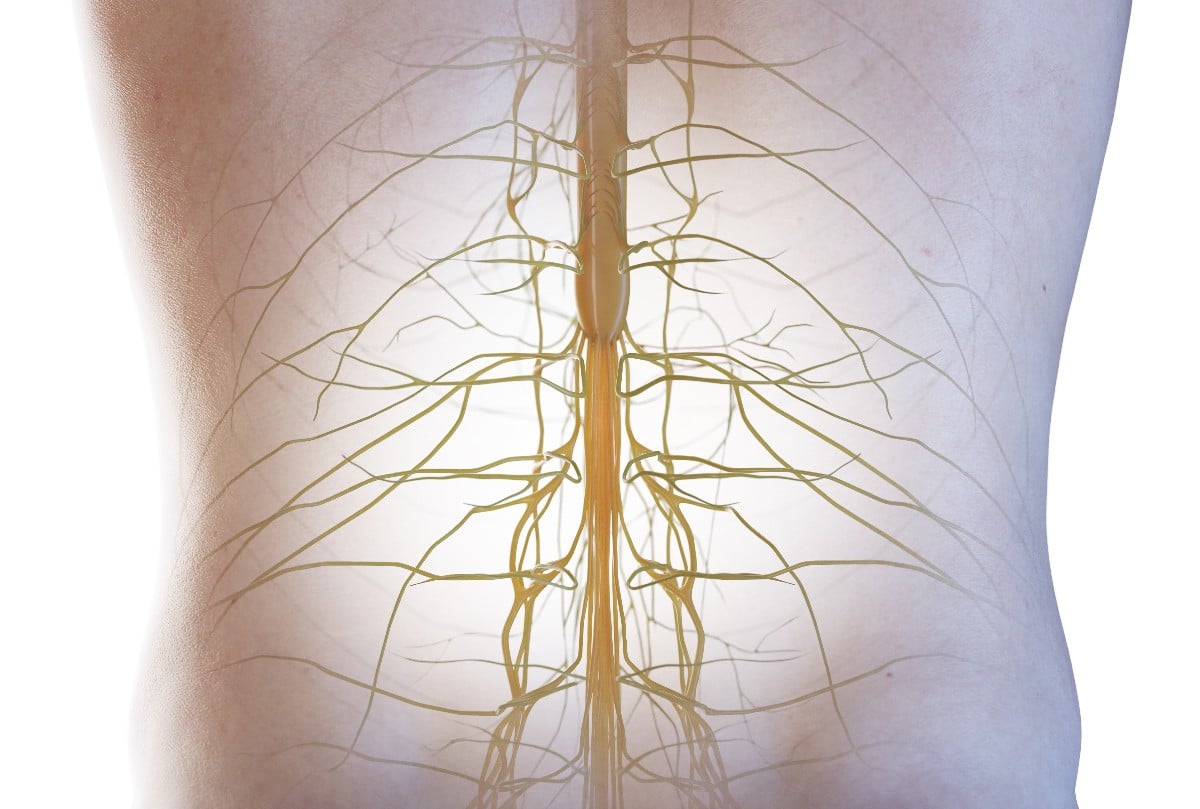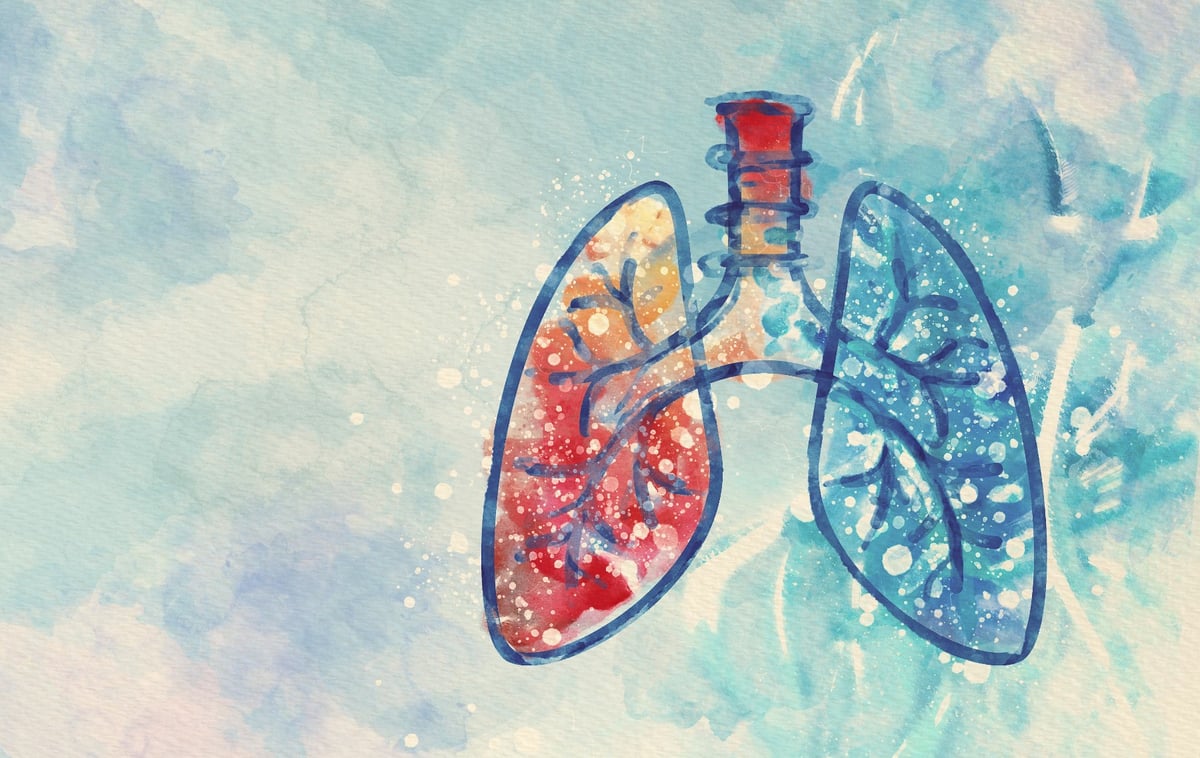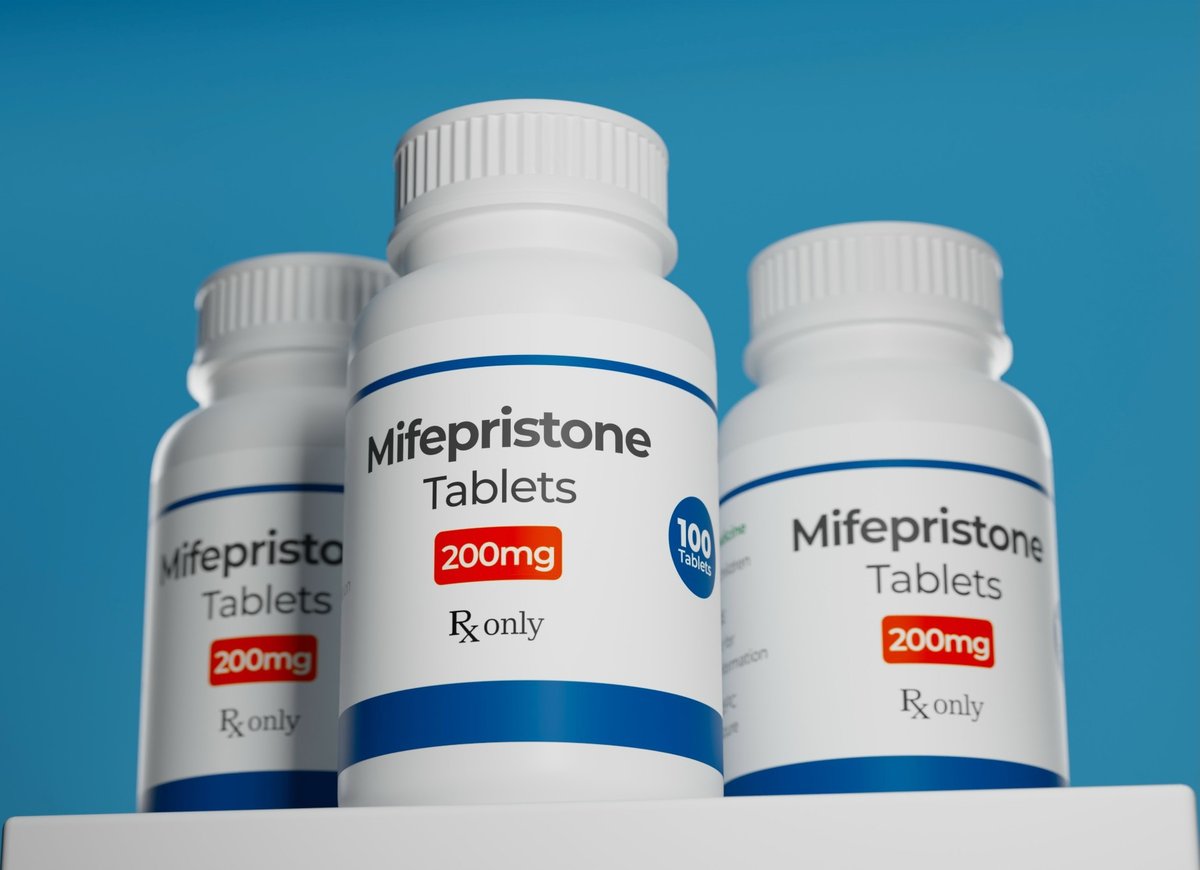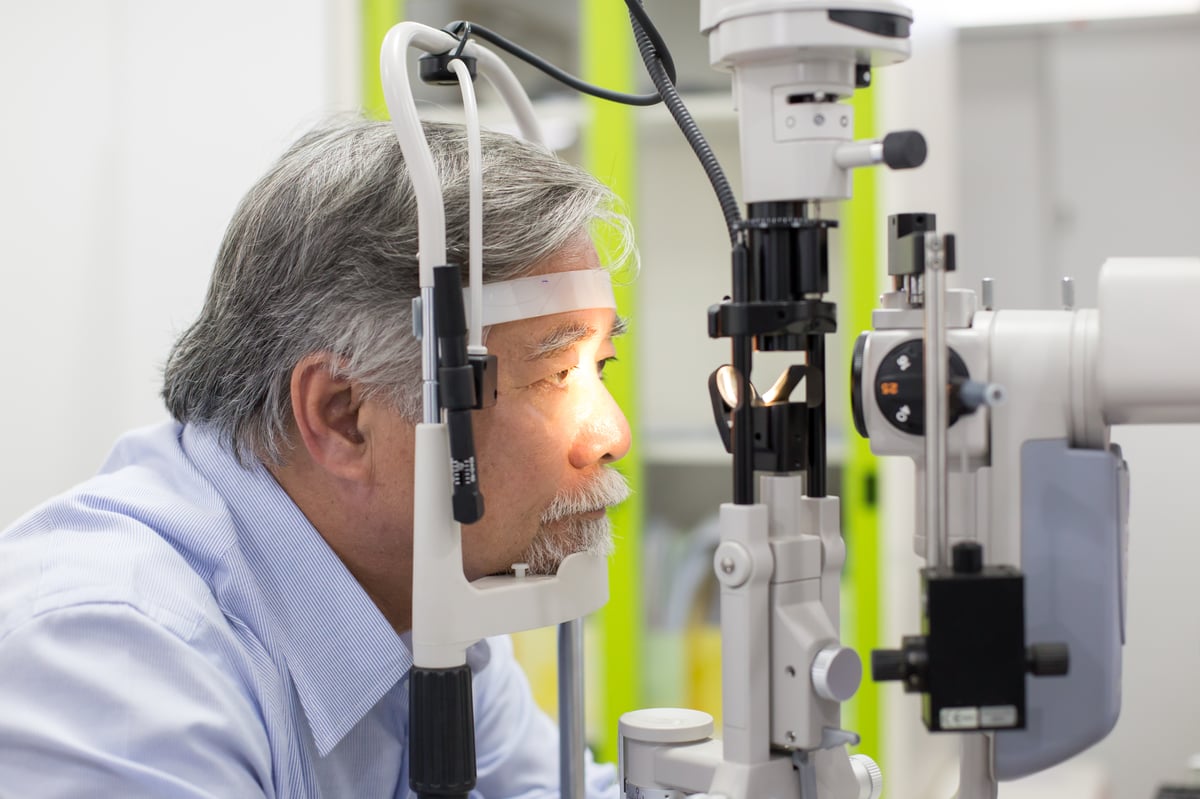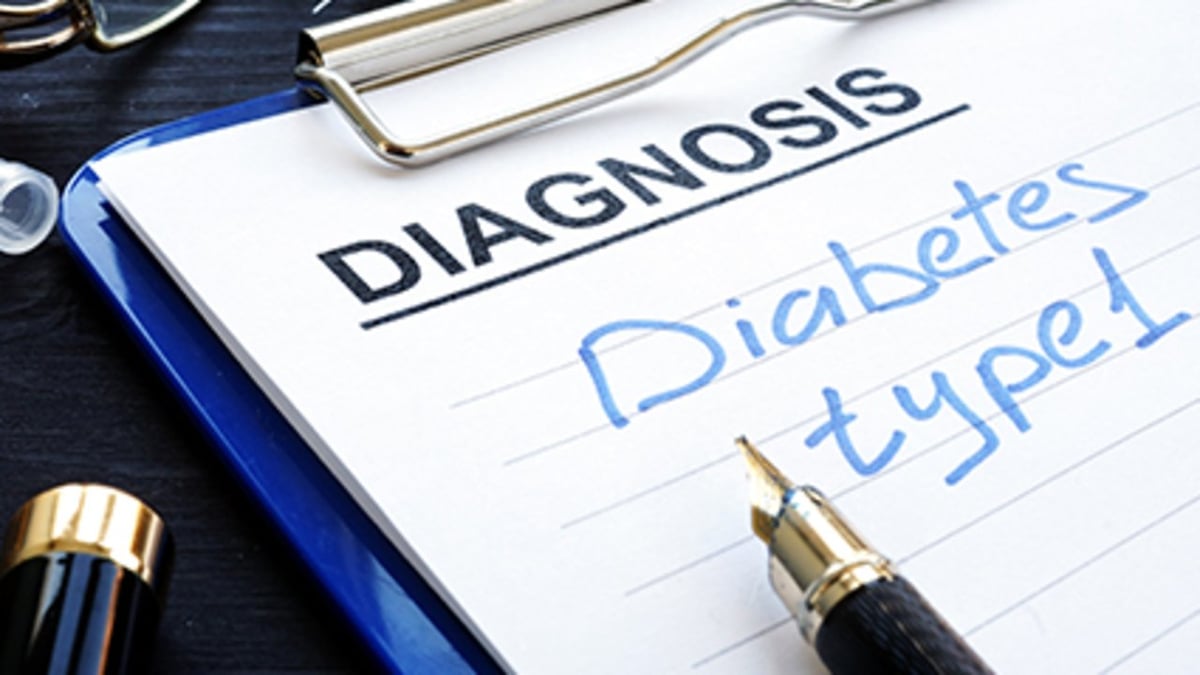
A new form of psychotherapy appears to work even better at treating chronic pain in older adults than gold-standard cognitive behavioral therapy (CBT), a new study finds. U.S. veterans who received emotional awareness and expression therapy (EAET) experienced a longer and more significant reduction in chronic pain than those who underwent CBT, researchers reported June… read on > read on >










